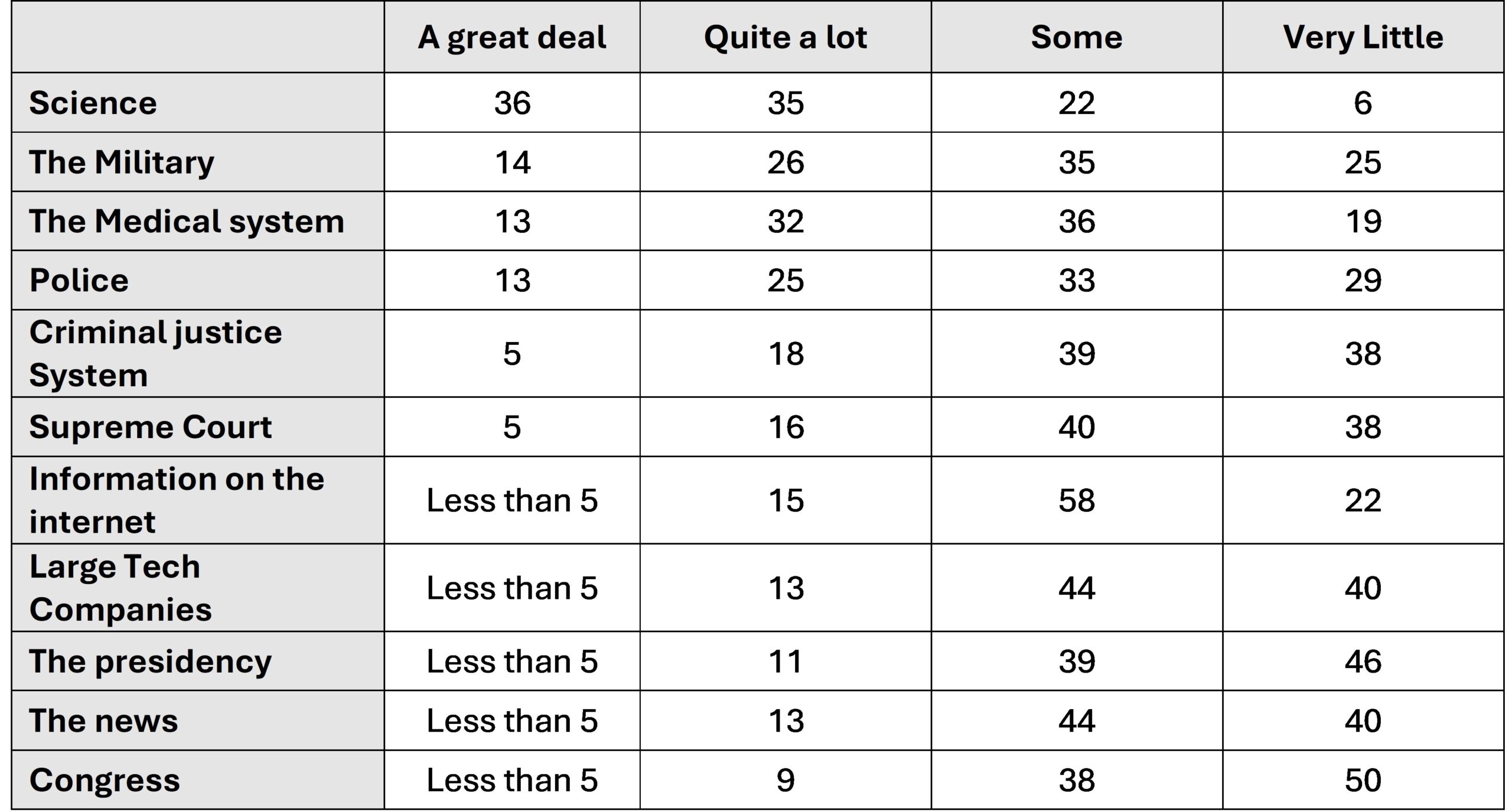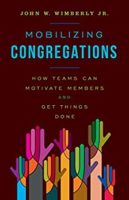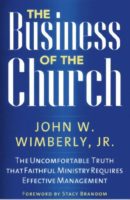
I’ve been conducting focus groups with laity and clergy across the US for the past decade. A major topic is the clergy’s lack of trust in their denominations, the denominations’ lack of trust in their clergy and laity, and lay people’s lack of trust in both their clergy and denominations. Distrust is having a corrosive impact on church life today. It is at a much higher level today than it was when I first started doing focus groups.
When distrust comes up in focus groups, I feel compelled to remind participants that the problem is not unique to churches. Lack of trust in leaders of business, academia, non-profits and religious groups is omnipresent. Why? Check the media any day of the week. There are stories of one major leader after another who has proven him or herself to be untrustworthy.
Reasons Not to Trust
In business, heads of major corporations who must step down because of unethical or illegal business practices. In sports, players admit to betting on their own games. In non-profits, we see massive fraud in regard to covid payments from the government. In the church we see everything from sexual misconduct to financial fraud. There is a reason our young people, in particular, don’t trust institutions. From what they read and hear, institutions are rife with corruption and greed.
The widespread lack of trust in institutions across all the generations has led me to research what is needed to re-create trust. The Ipsos Global Trust Monitor asked a test group: Which two or three of the following attributes, if any, are important to you when deciding whether or not to trust an organization or institution?

I find it revelatory that near the bottom of the list are “Is well led,” “Shares my values,” and “Has best intentions.” If this test group is representative, most people don’t much care how well we lead, share their values, or have good intentions. I think most clergy and religious institutions would assume those are high priorities for building trust. Instead, people want institutions and leaders who keep their promises reliably and are open, transparent, and responsible.
Clergy and religious institutions are inclined to say to people, “We have good intentions. Trust us.” “We all share the same values. Trust us.” “We have lots of good leaders. Trust us.” But the Ipsos participants care less about any of those statements, and instead want to hear, “We told you were going to do (whatever) and we did it.” “Our records and decision-making are totally open. If you want to see them, just ask and we’ll get them to you.” “We are responsible stewards of our resources—people, buildings and money. We behave responsibly.”
When we present ourselves by emphasizing our vision, values and intentions, people are tuning us out. I know this sounds ridiculous, since religious institutions are based on vision, value, and intention. But if the Ipsos poll is correct, our listeners are thinking “Yes, all that sounds good. But are you continually doing what you said you were going to do? Are you sharing information with us so we can decide for ourselves if you are trustworthy? Will you be responsible in your stewardship of our lives and gifts, or will you be wasteful as has happened sometimes in the past?”
Rebuilding Trust
All of this reminds me of the resurrected Jesus’ encounter with Thomas. Thomas expressed doubts about the resurrection, saying, “Unless I see the nail marks in his hands and put my finger where the nails were, and put my hand into his side, I will not believe.” A week later, when the two met in person, Jesus said to Thomas, “Put your finger here; see my hands. Reach out your hand and put it into my side. Stop doubting and believe.”
Jesus didn’t respond to doubts or lack of trust in the resurrection by saying, “How dare you?” as many church leaders do today to their doubters. He said, “Here is what you want. Touch. Feel. Believe.” And Thomas did.
If we are to rebuild trust in religious institutions, we need to do a few simple things:
- Tell people what we are going to do and then do it, time and time again, until we are viewed as people who keep our word.
- Eliminate all back-room meetings, secret documents, etc. We need to be totally transparent. If there is a reason not to be transparent, as with some personnel matters, then explain why we aren’t being transparent.
- Behave responsibly. We are entrusted with incredible resources—the members of our congregations, our buildings, our financial wealth. We need to prove that we can manage them with best practices. When we make mistakes, we need to own them. People know responsible behavior when they see it.
This list feels very manageable to me. How about you?
We are no longer gifted trust as were my parent’s generation of church leaders. We have to earn trust. It is a challenge any trustworthy church leader should welcome.
John Wimberly is an experienced pastor and consultant. As a consultant, he has worked with congregations and judicatories on strategic planning, staff designs for the 21st century, and congregational growth as well as financial and administrative management. He has MBA, MDiv, and PhD (theology) degrees. His books focus on effective management and leadership. John believes congregations can have a bright future!




